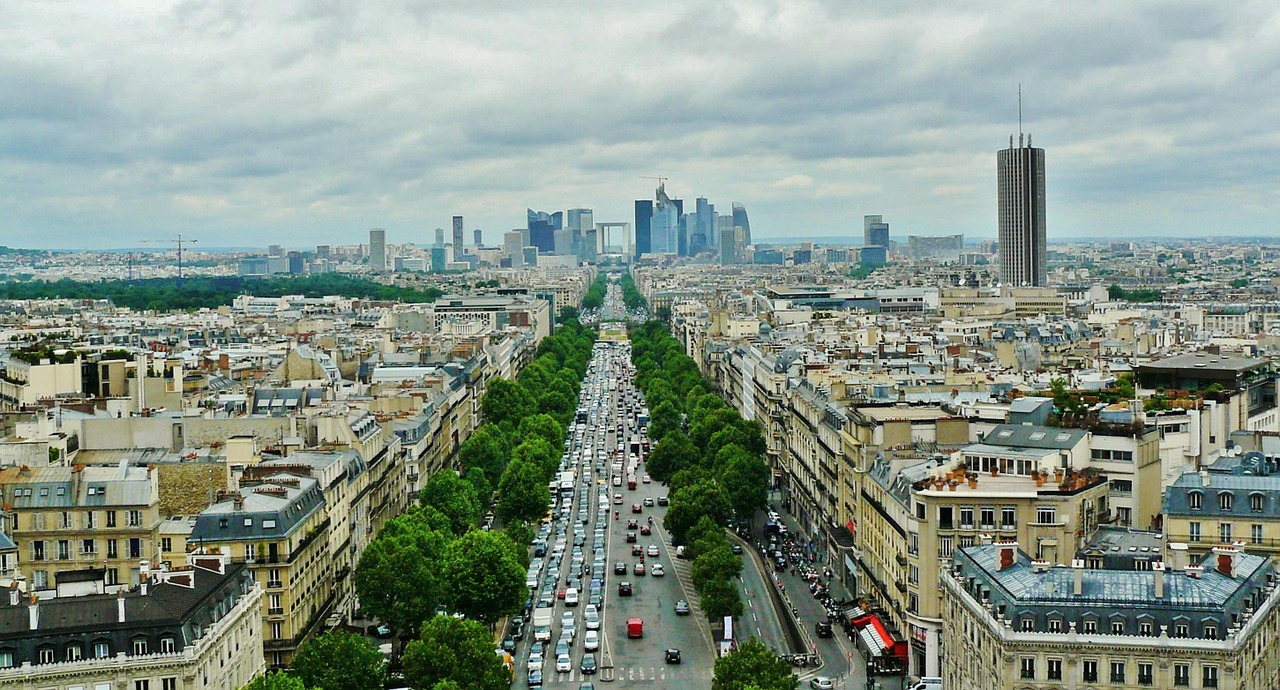In times such as these, we must value freedom of speech more than ever.
Samuel Paty, a history and geography teacher at the College du Bois d’Aulne just north-west of Paris, was beheaded in broad daylight last week. It was the 32nd terrorist attack in France since January 2015, when the offices of satirical magazine Charlie Hebdo were assaulted by Islamist extremists for publishing cartoons of the prophet Muhammad.
Mr. Paty’s “crime” was to show one of these Charlie Hebdo cartoons to his class during a lesson on freedom of expression. By all accounts, he handled the subject sensitively, advising his Muslim students that they could leave the classroom if they chose to do so. Nevertheless, he is now dead, simply for doing his job and exercising a fundamental right of civilised society.
The most obvious thing to take away from this tragic occurrence is that France has a serious problem with Islamic extremism. Of the thirty-two aforementioned terrorist incidents, thirty-one of these have had confirmed links to jihadism. While President Macron was quick to condemn Friday’s attack, the reaction was one of meek passivity; all too familiar and unlikely to change anything soon. Macron, just like the rest of Europe’s leaders, must now reinforce his rhetoric with urgent action.
However, Paty’s murder is also the latest incident to provoke a debate surrounding freedom of speech and the right to offend, a subject which has already been in contention throughout the year. An act of slaughter such as this is obviously the most extreme example of what can happen when certain groups seek to limit free speech and reflects the attitudes of an infinitesimally small proportion of a religion. Yet this does not change the fact that in many countries, free speech is in serious danger of being curtailed.
For example, it was barely two weeks ago that UK police began an investigation (now closed) into political commentator Darren Grimes, merely for something offensive having been asserted by his interviewee. In June, the French Constitutional Council managed to strike down proposed legislation that threatened to criminalise certain types of speech online. And it was only recently that the Scottish National Party was forced to climb down from proposing laws that could even prosecute performers who may be perceived to “stir up hatred”, citing Sacha Baron Cohen and Al Murray as examples.
In times when it is becoming increasingly difficult to voice opinions without fear of attack, whether by cancel culture or the far more sinister religious extremists, we must be extremely wary of the implications of banning freedom of expression. By displaying the Charlie Hebdo cartoons, Samuel Paty was encouraging his class to think critically about them; not to offend for the sake of being offensive, but to incite open debate and scrutiny. It is a model that schools in the UK would do well to continue to follow.
Crucially, freedom of speech must also include the right to offend, not least through the means of satire. As the actor Rowan Atkinson eruditely put it in response to the Scottish government’s proposal, “the right to critique ideas, philosophical, religious and other must be protected to allow an artistic and democratic society to flourish.” Offence, whether intentionally given or not, is far too subjective to police; to do so at the very least is an infringement of a liberal democratic right, and at worst, leads to tragedy.
Our governments should not be seeking to limit freedom of speech, and certainly not in the interests of appeasing an ideology that would have us beheaded for dissent. Nor should we forget the name of Samuel Paty, who should still be alive and inspiring his students today. I would urge everyone to continue to stand up for the fundamental right of free speech.
Alex Howe
Image source: Pixabay

